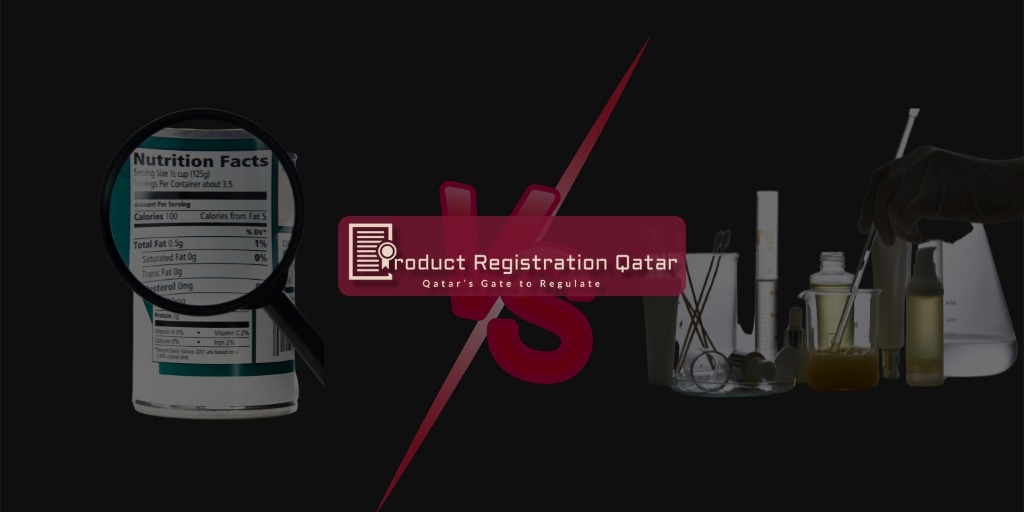Label vs. Formula Validation | MoPH Qatar Explained
Learn the difference between label and formula validation for MoPH product registration in Qatar. Avoid delays & ensure compliance | Product Registration Qatar.
BLOGS
6/26/20252 min read


Label vs. Formula Validation: What MoPH in Qatar Really Checks
When registering your product in Qatar, approval from the Ministry of Public Health (MoPH) isn’t just about ticking boxes—it’s about passing two crucial checkpoints: label validation and formula validation.
These are not interchangeable, and misunderstanding the difference can lead to serious delays, rejection, or reclassification of your product.
What Is Label Validation?
Label validation is the MoPH's process of checking that every detail on your product’s packaging is correct, legal, and compliant with Qatar’s regulatory framework. This includes:
Product name and classification
Ingredients and active substances (clearly listed)
Usage instructions and warnings
Manufacturing/expiry dates
Country of origin
Arabic translations (mandatory)
Even the smallest mismatch between the label and registration documents—like using unapproved health claims or omitting required fields—can cause delays.
What Is Formula Validation?
Formula validation, on the other hand, focuses entirely on what’s inside your product. MoPH examines the composition for safety, efficacy, and regulatory acceptability. Key checks include:
Ingredient ratios and scientific names
Banned/restricted substances
Additive and preservative levels
Reference to international safety standards (e.g., EU, FDA)
It’s not enough that your product is safe elsewhere. If it includes ingredients not accepted in Qatar—or lacks proper documentation—it will be rejected during formula validation.
Why Both Are Needed
Qatar’s regulatory system requires independent approval of both the product label and formula.
That’s because:
A compliant label with a non-compliant formula is still unsafe
A clean formula with a misleading label may misinform consumers
Label and formula must match to ensure MoPH traceability and market safety
Common Reasons for Rejection
Many companies face rejections because they:
Reuse labels from other markets (missing Arabic or MoPH-specific data)
Submit generic formula sheets without official documentation
List unapproved claims like "cures diabetes" or "boosts immunity"
Don’t match ingredient listings between label and technical file
How We Help at Product Registration Qatar
We assist businesses across Qatar and MENAT in:
Reviewing and redesigning product labels to meet MoPH standards
Cross-checking label and formula documentation for consistency
Ensuring ingredient lists follow Qatar’s approved guidelines
Translating all materials accurately, including mandatory Arabic
Avoiding label–formula mismatches early on can save weeks—if not months—in your registration timeline.
Final Thoughts
Label and formula validation are two sides of the same regulatory coin. Getting either wrong can block your entry into Qatar’s competitive market. Work with a partner who understands both.
Continue reading:
Discover how Regulatory Intelligence & Market Entry strategies help you plan around MoPH validation barriers early.
Learn the full process in our Product Compliance Services blog — from label reviews to registration.
Avoid delays with our guide: MoPH Product Approval Failures in Qatar – Fix Guide (2025)
Learn why product testing is a non-negotiable step before MoPH submission by reading our new guide on testing requirements and approval timelines in Qatar.
See how certified technical translation directly impacts your MoPH approval success in our new guide dedicated to Arabic regulatory documentation in Qatar.
For expert support, contact our team or use the chatbot at the bottom-right corner of this page.
Ready to Ensure Your Product is Fully Compliant?
Fill out the form below and let our experts guide you through label checks, formula validation, and registration—step by step.


